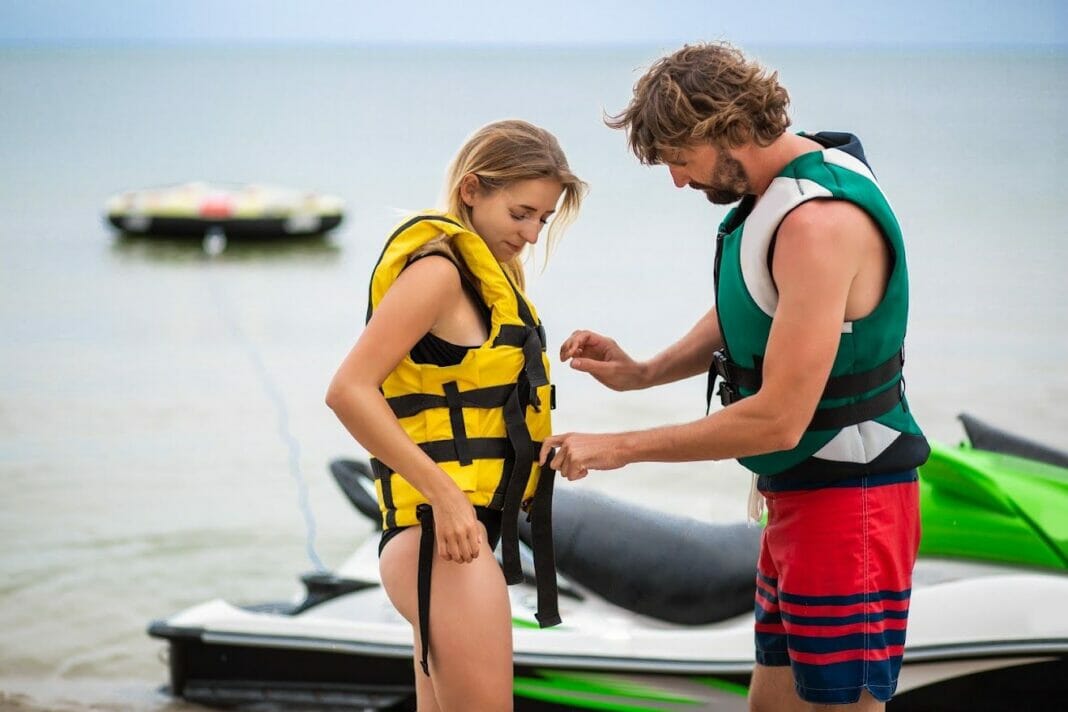As the weather warms up and the boating season begins, many people are excited to enjoy the water. However, it is vital not to overlook the significance of boating safety. Boating safety courses provide essential knowledge that can make your time on the water safe and enjoyable. A boating safety course teaches individuals the fundamentals of operating a vessel safely and responsibly.
Benefits of Boating Safety Courses
Increased Awareness and Confidence
Boating safety courses enhance awareness, helping boaters recognize and avoid dangers like severe weather, hazardous waters, and navigational obstacles. By teaching boaters how to respond to emergencies effectively, these courses can considerably increase confidence and improve decision-making abilities.
Prevention of Boating Accidents
According to the U.S. Coast Guard, the majority of boating fatalities occur due to inexperienced or untrained boaters. Completing a boating safety course can prevent such accidents by providing boaters with adequate training and knowledge. These courses typically cover essential topics such as navigation rules, emergency protocols, and essential equipment.
Compliance With State Laws
In many states, it is mandatory to possess a boating safety course completion certificate to operate a motorized vessel. Boaters caught operating without this certification may be subjected to fines or other penalties. Therefore, completing a boating safety course not only ensures your adherence to state laws but also makes your boating experience legally hassle-free.
Insurance Discounts
Several insurance companies provide discounts on boat insurance policies for individuals who have completed a boating safety course. These discounts can vary depending on the type of course and the insurance provider, but they can lead to substantial savings over time.
What to Expect in a Boating Safety Course
Classroom or Online Format
Boating safety courses are available in both online and in-person formats. Online courses offer flexibility, allowing boaters to complete the course according to their convenience. On the other hand, in-person classes provide more opportunities to interact with instructors and ask questions.
Course Content
Boating safety courses cover a wide range of topics such as:
- Basic boat operation and handling
- Navigation rules and regulations
- Weather and water conditions
- Boat maintenance and equipment
- Proper use of personal flotation devices (PFDs)
- Emergency procedures and communication
- Boating ethics and etiquette
Course Duration and Assessments
The duration of boating safety courses can vary, but most courses require a minimum of six hours of instruction. At the end of the course, participants usually need to pass a written exam to obtain their boating safety certificate.
Choosing the Right Boating Safety Course
Endorsements and Approval
Ensure the course you choose is approved by a recognized boating authority, such as the U.S. Coast Guard or the National Association of State Boating Law Administrators (NASBLA). Approved courses can guarantee the quality of instruction and the reliability of the boating safety certificate.
Reviews and Recommendations
Online reviews and personal recommendations can provide valuable insight into the quality of a course. Previous participants can share their experiences regarding the course materials, instructor expertise, and effectiveness of the training.
Cost and Accessibility
Lastly, consider the cost and accessibility of the course. Some organizations, such as the U.S. Coast Guard Auxiliary or the U.S. Power Squadrons, may offer free or low-cost courses. Online courses can be an affordable and convenient option for those with limited access to in-person classes.
Boating safety courses are worth considering because they provide essential knowledge and skills that can prevent accidents, save lives, and improve your overall boating experience. By selecting a reputable and suitable course, boaters can increase their confidence and competence while also reaping the benefits of insurance discounts and legal compliance. Overall, boating safety courses are an investment in personal growth and responsible boating.


